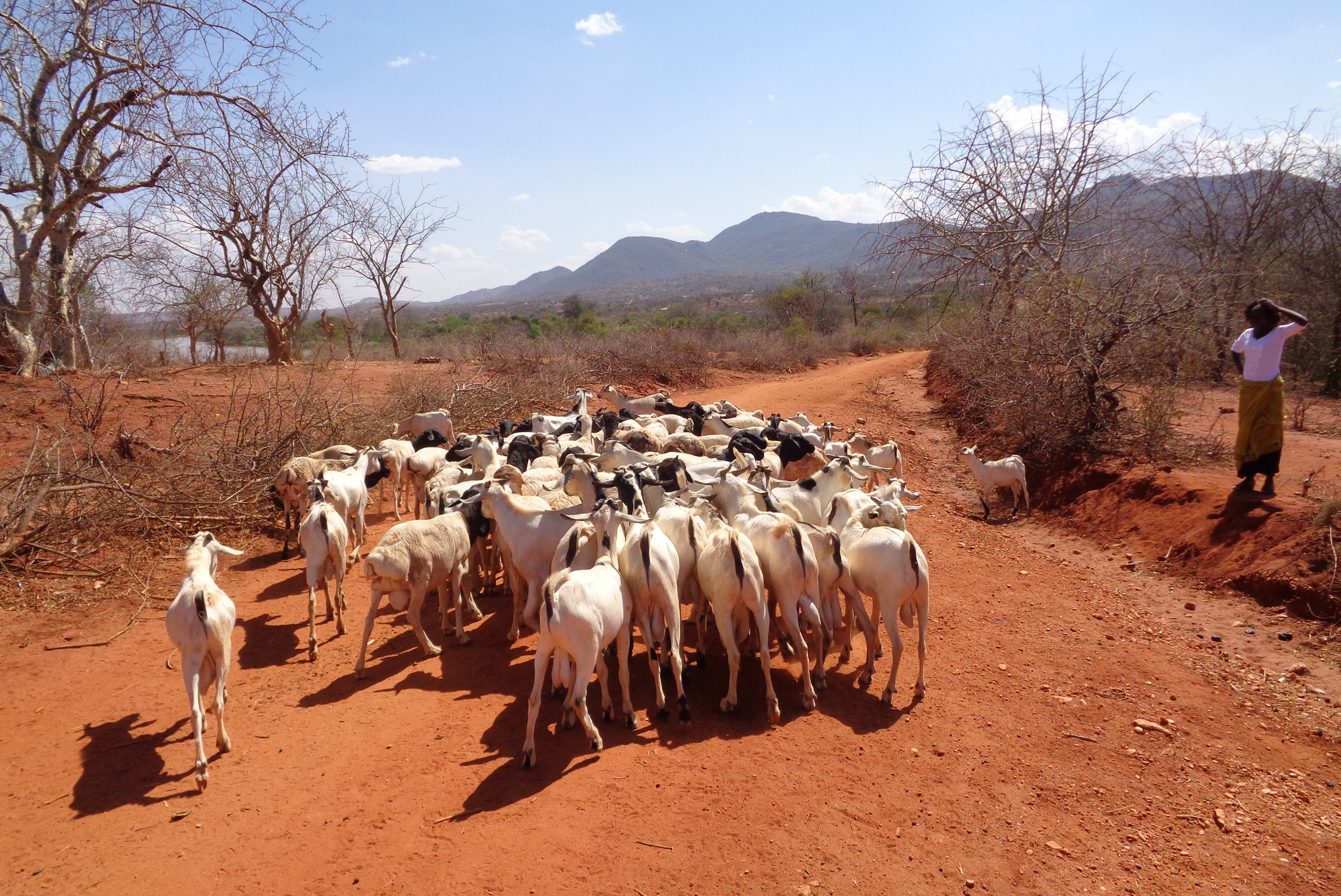Monitoring, Evaluation and Research
De-Risking, Inclusion, and Value Enhancement of Pastoral Economies (DRIVE):
Capacity Needs Assessment for Livestock Sector Cooperatives in ASAL Counties
From April to July 2024, we collaborated with the Ministry of Agriculture and Livestock Development on a consultancy for the World Bank-funded DRIVE project. This initiative focused on conducting a comprehensive capacity needs assessment for cooperatives within the livestock sector across 21 Arid and Semi-Arid Lands (ASAL) counties. The project sought to identify critical gaps and opportunities to strengthen cooperatives, ultimately enhancing their role in boosting pastoral economies.
Our work centered on key livestock value chains, including beef, goat, sheep, fodder, hides and skins, and camel products. The findings from the assessment culminated in a validated capacity assessment report, which outlined key gaps in the sector. Based on these findings, we proposed a model to address the identified challenges.




